16 GPTs for Water Quality Powered by AI for Free of 2026
AI GPTs for Water Quality are advanced artificial intelligence models specifically designed to address tasks and topics within the water quality domain. By leveraging Generative Pre-trained Transformers (GPTs), these tools offer tailored solutions for analyzing, monitoring, and predicting water quality parameters. They can process vast amounts of data from diverse sources, providing actionable insights for water management and conservation efforts. These AI tools are crucial in identifying pollutants, predicting contamination events, and ensuring compliance with environmental regulations, thus playing a pivotal role in safeguarding water resources.
Top 10 GPTs for Water Quality are: Remote Sensing Specialist,Water Softeners,HEC-RAS,All-Around Pool Pro,Spa Water Coach,Reef Doctor,Aquatic Oasis Advisor,Fish Tank Advisor,Pond Brothers Helper,Water
Remote Sensing Specialist
Empowering Insights from Above
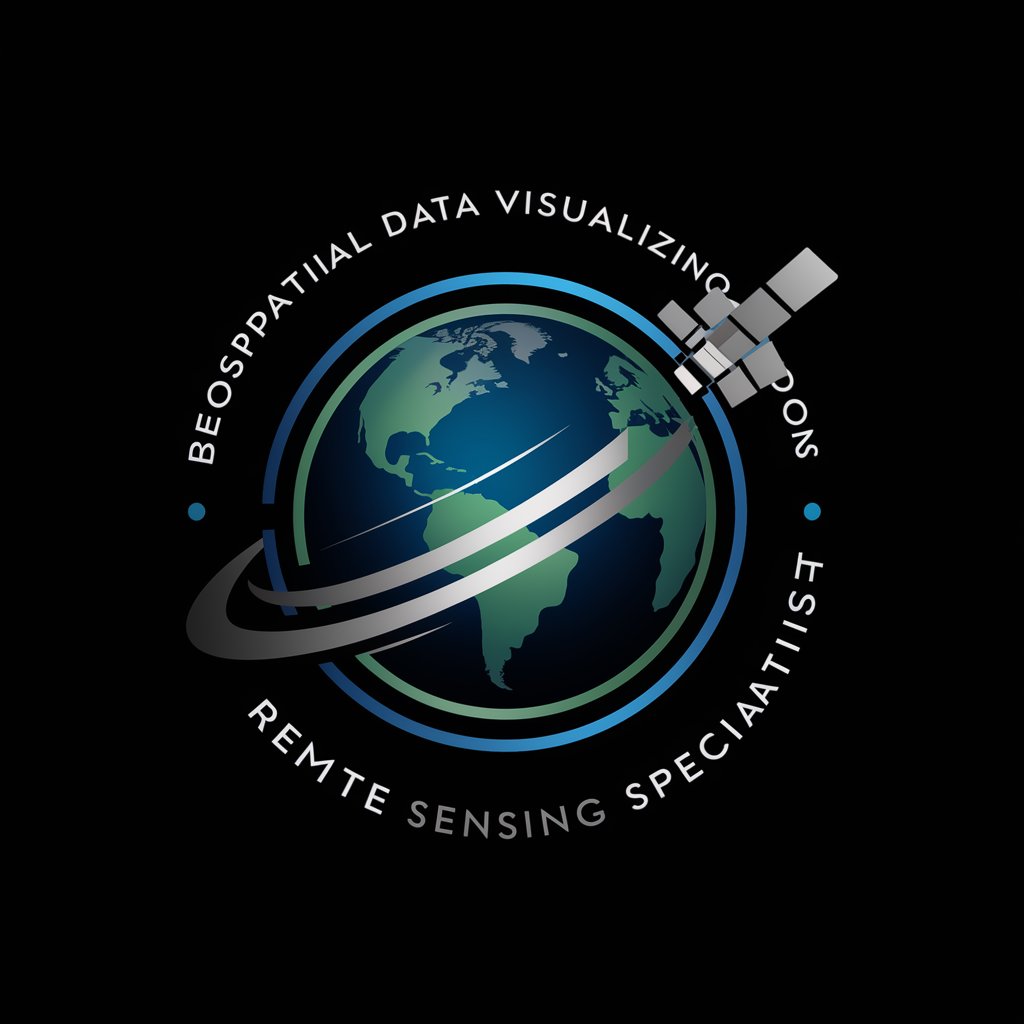
Water Softeners
Transforming Hard Water into Soft Bliss
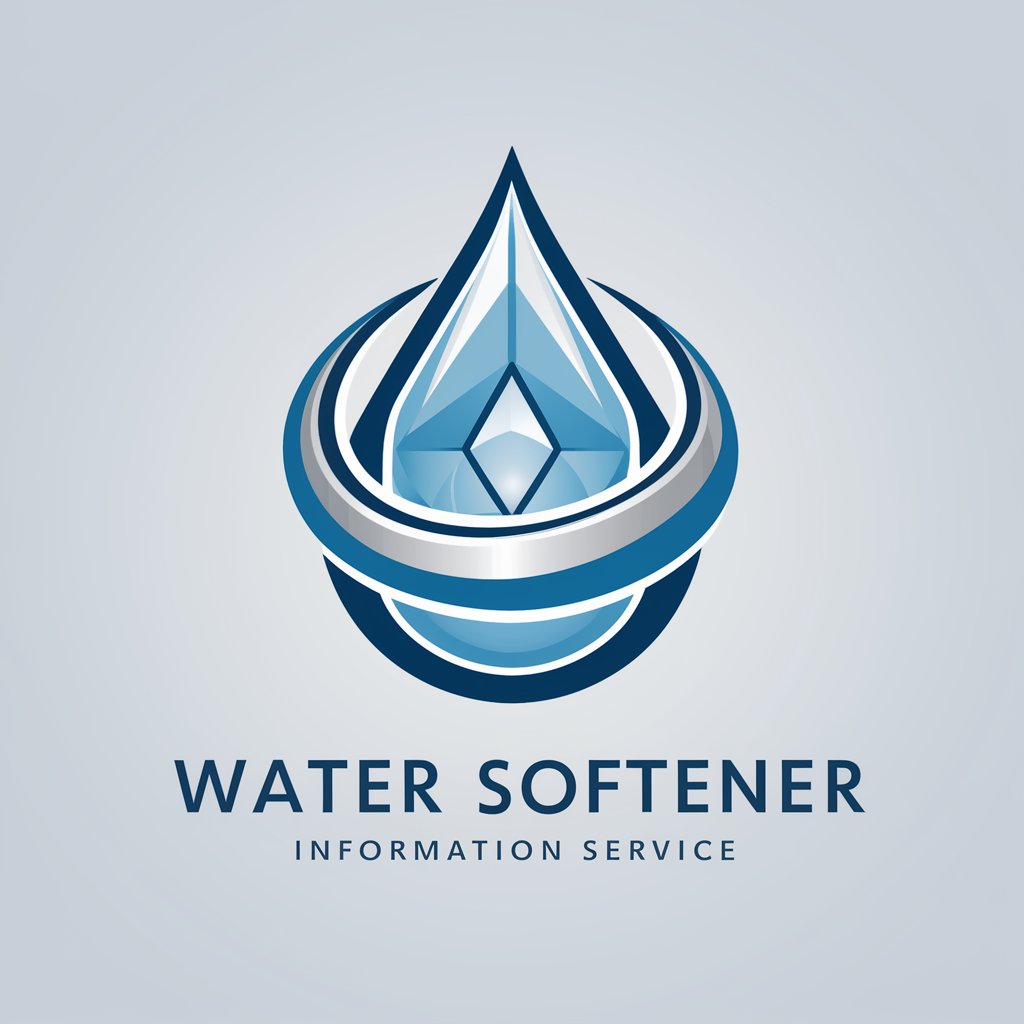
HEC-RAS
AI-powered hydraulic modeling tool
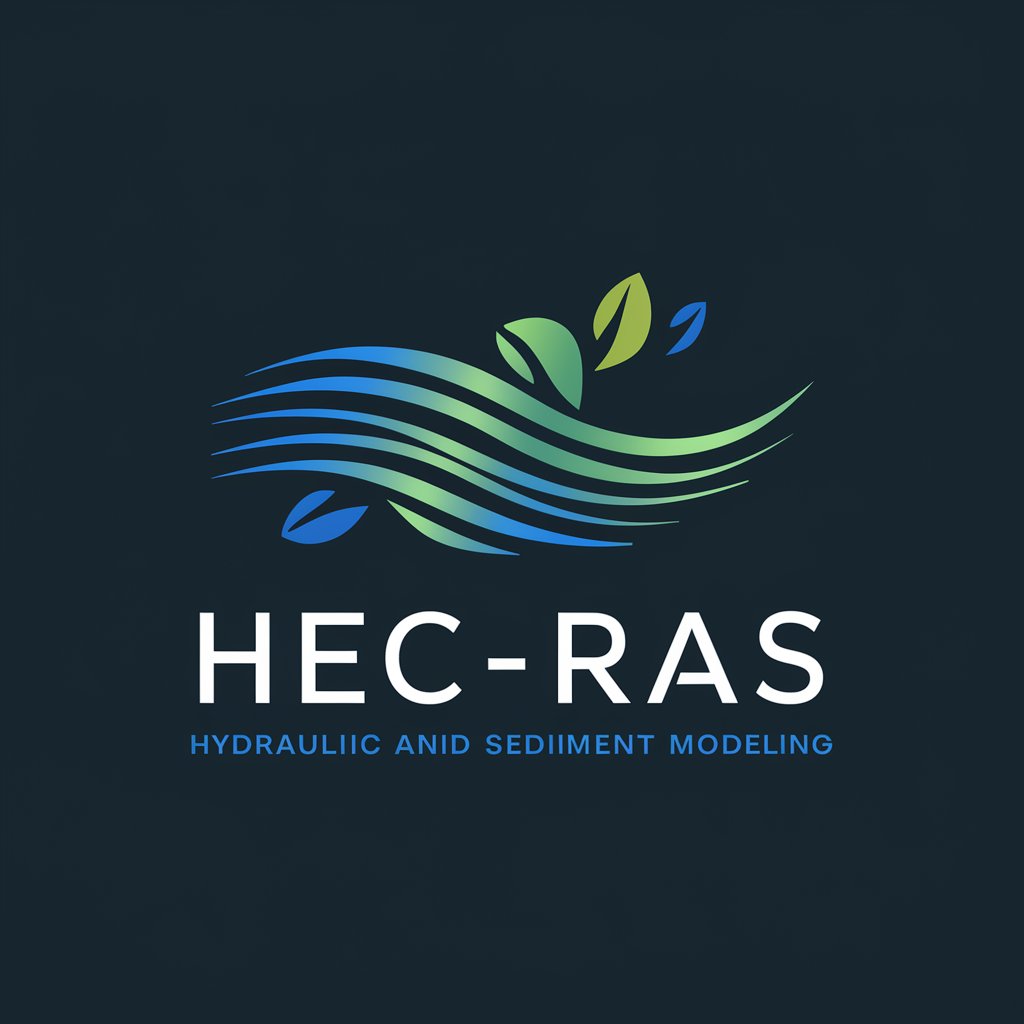
All-Around Pool Pro
AI-powered pool care and sustainability.

Spa Water Coach
AI-Powered Hot Tub Water Clarity

Reef Doctor
AI-powered Reef Aquarium Care
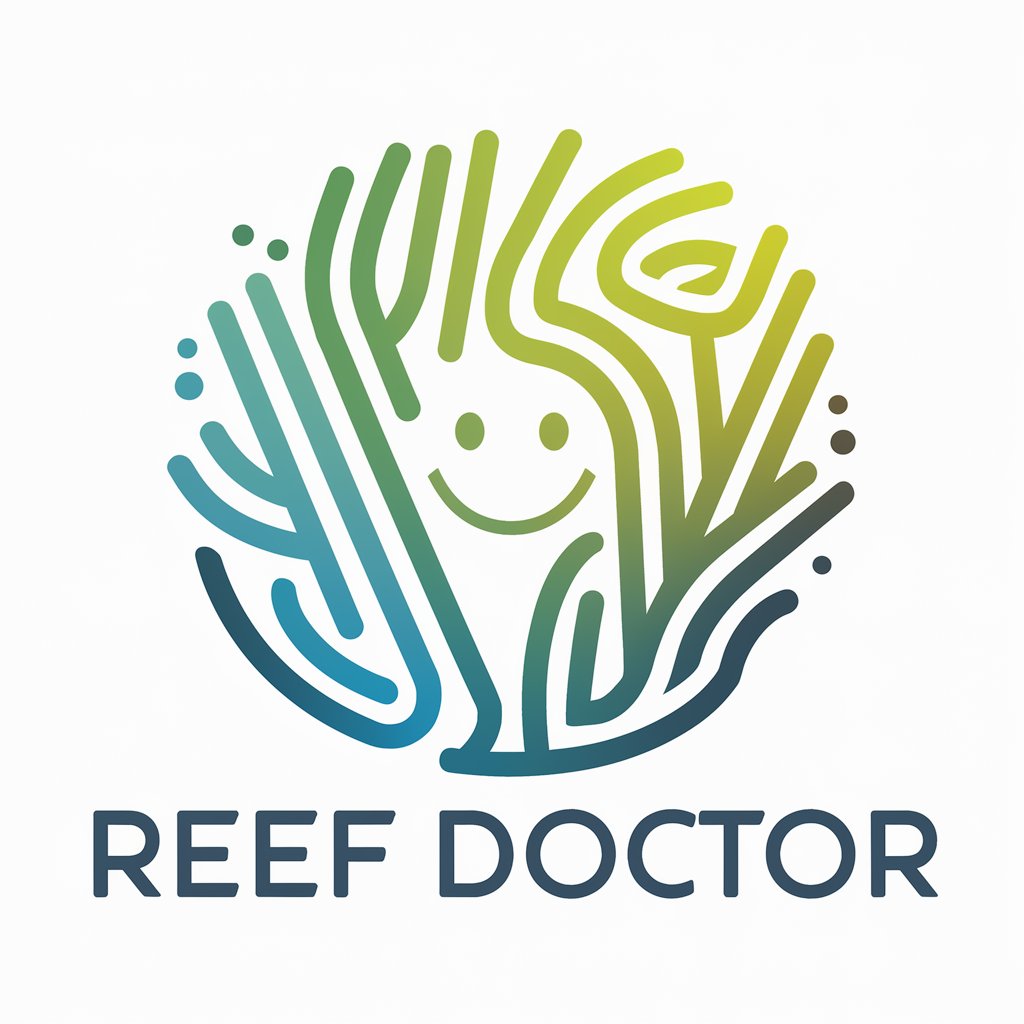
Aquatic Oasis Advisor
Empowering Aquarium Enthusiasts with AI
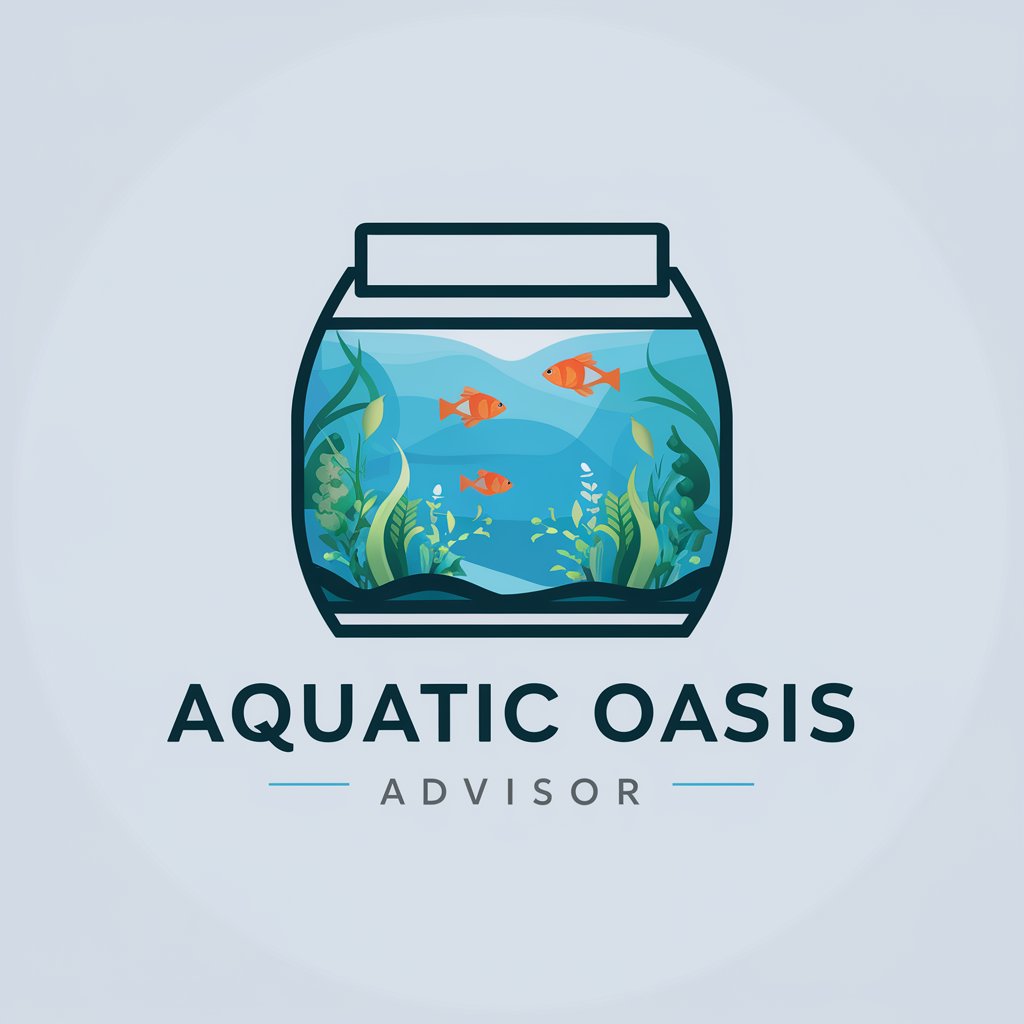
Fish Tank Advisor
Optimize Your Aquarium with AI
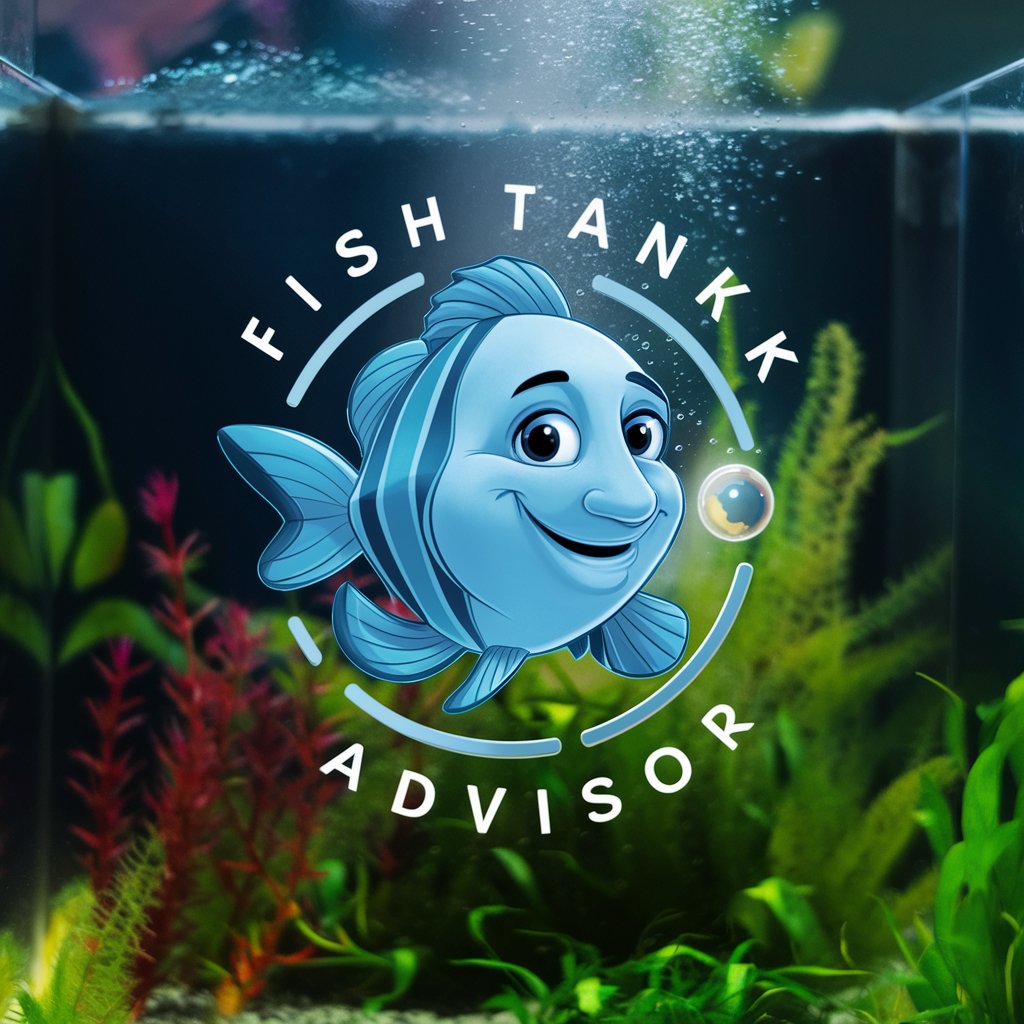
Pond Brothers Helper
Revolutionizing Pond Care with AI Expertise

Water
Dive into Water Intelligence
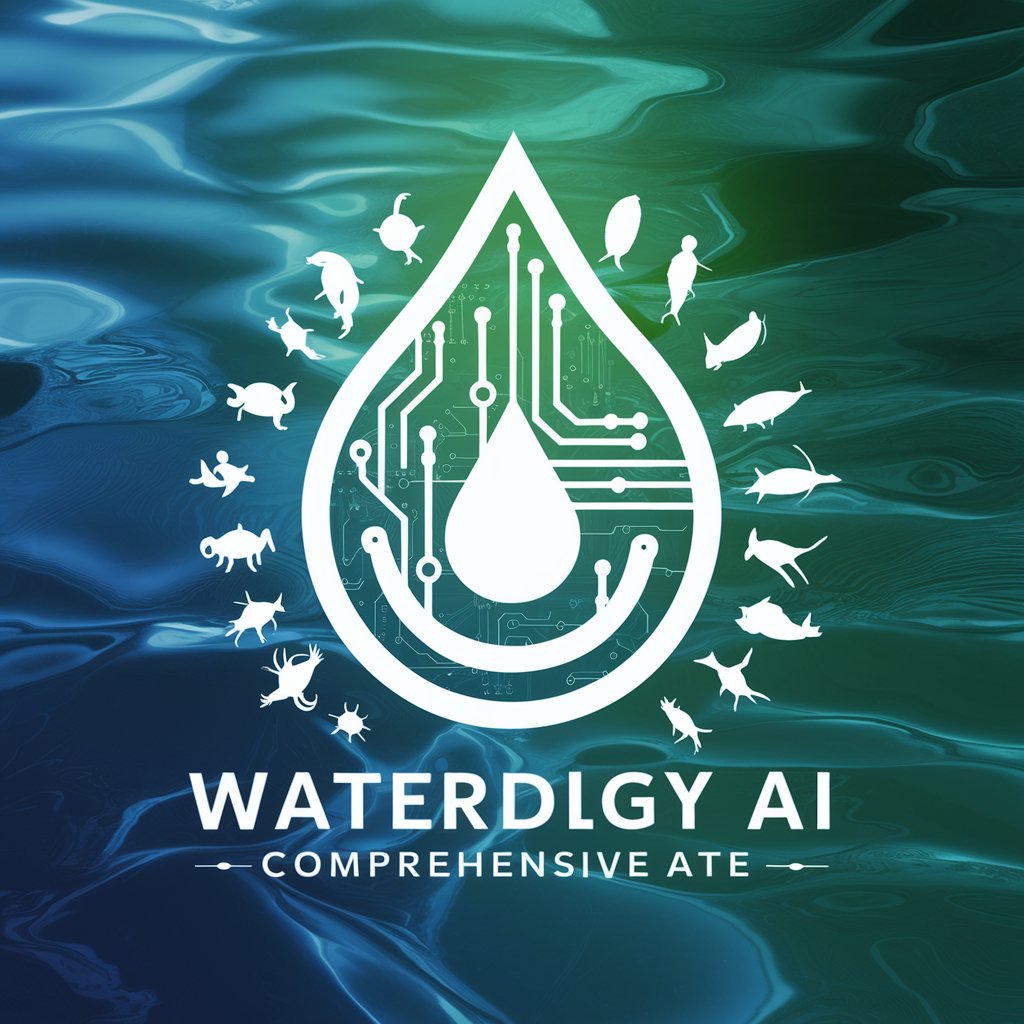
Aquarium GPT
Empowering Aquarium Enthusiasts with AI

🐠 AquaBuddy Care Assistant 🐟
Empowering Aquarium Enthusiasts with AI

Water Softener
Enhance water quality with AI-driven advice
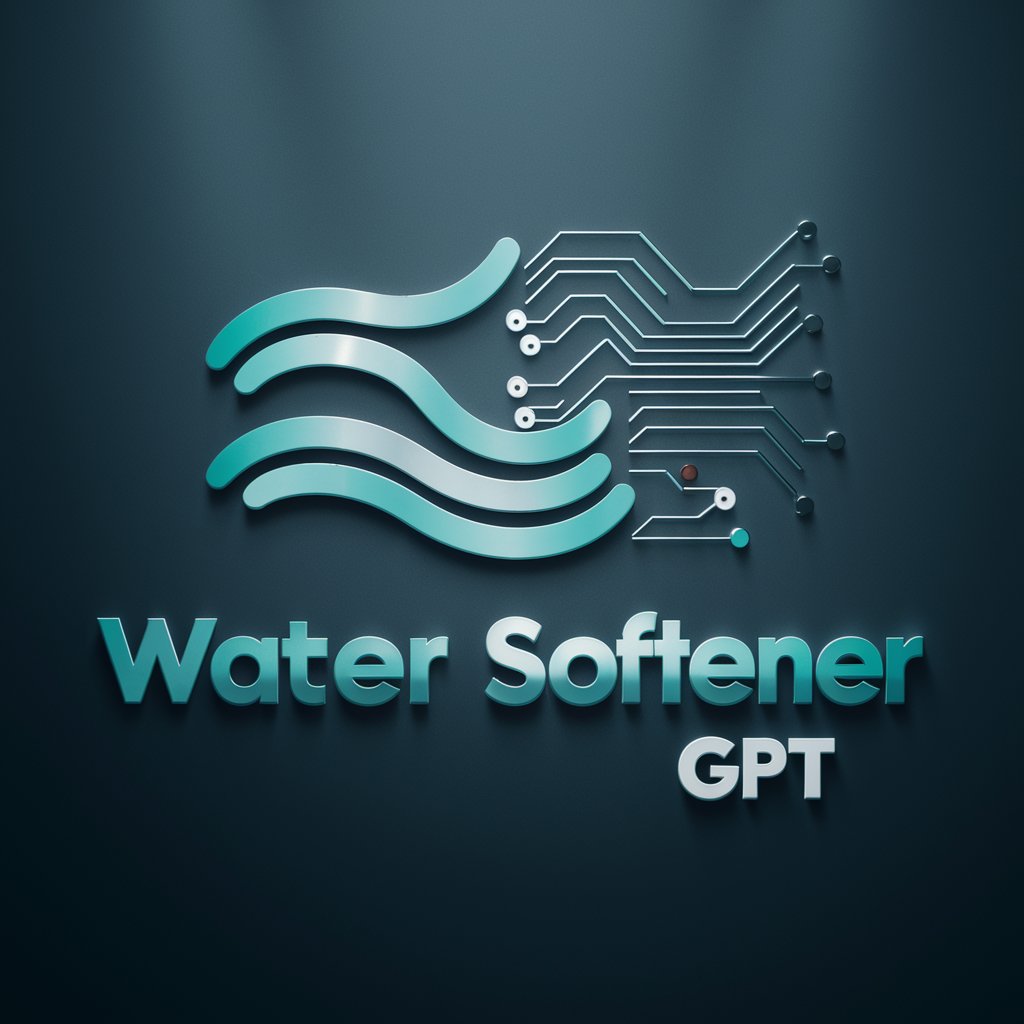
Environmental Engineering Laboratory Tutor
Master Environmental Engineering with AI
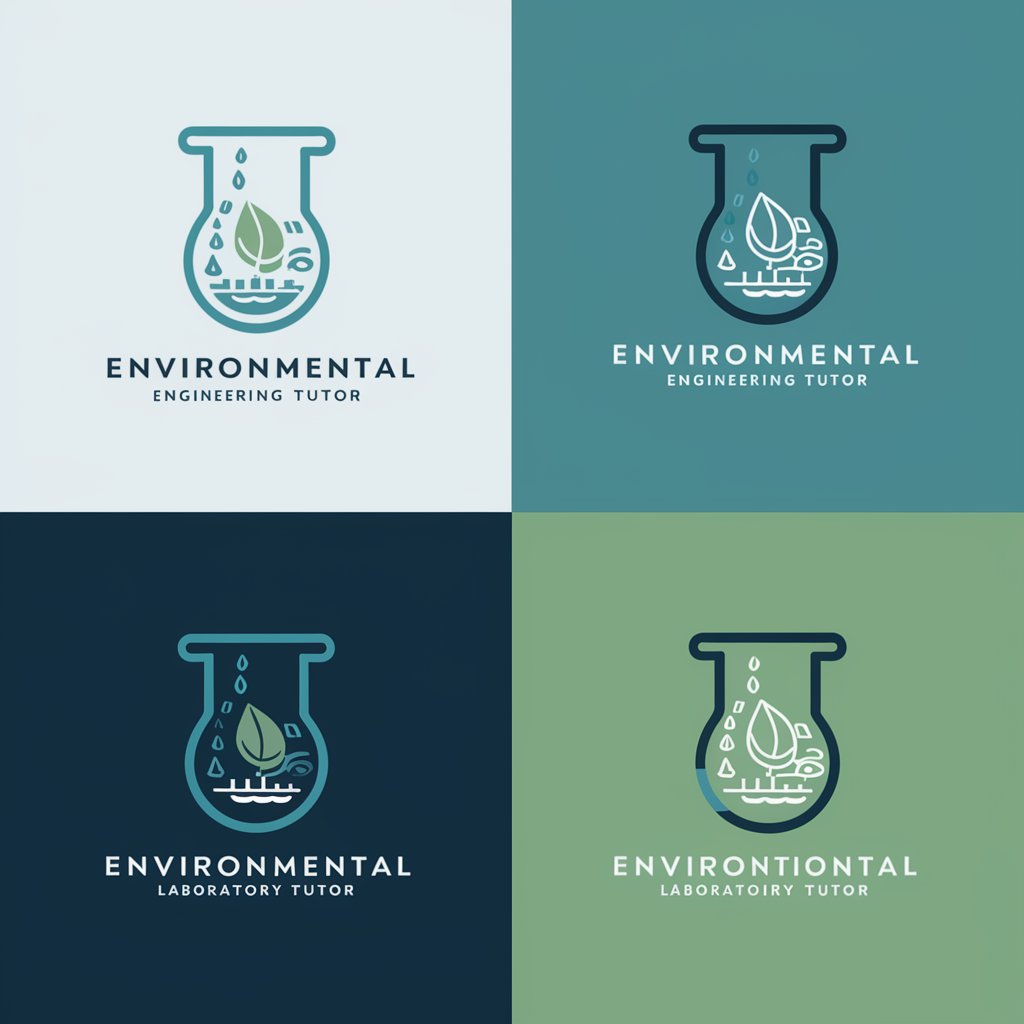
🐠 Aquatic Habitat Architect 🌱
Sculpt Your Aquatic World with AI

🐢 TurtleTank Aquatic Advisor 🌱
Empower Your Turtle Care with AI

Distinctive Attributes and Functions
AI GPTs for Water Quality are characterized by their adaptability, supporting tasks ranging from basic data interpretation to complex predictive modeling. Key features include natural language processing for analyzing unstructured data, technical support for water quality professionals, web searching for the latest research, image analysis for satellite and sensor imagery, and sophisticated data analytics for trend analysis and prediction. These capabilities allow for comprehensive water quality assessments, facilitating informed decision-making and strategic planning.
Primary Beneficiaries of Water Quality AI Tools
The target audience for AI GPTs in the Water Quality field encompasses environmental scientists, water resource managers, policy makers, educators, and students. These tools are designed to be accessible to individuals without programming skills, offering intuitive interfaces and guidance. For developers and technical professionals, they provide extensive customization options, enabling the development of specialized applications for water quality monitoring and management.
Try Our other AI GPTs tools for Free
Seasonal Upkeep
Discover the potential of AI GPTs in Seasonal Upkeep. These advanced tools offer tailored solutions, adapting to various industries for efficient seasonal planning and decision-making.
Leadership Strategy
Discover how AI GPTs for Leadership Strategy revolutionize decision-making and strategic planning with customized insights and innovative solutions.
Deal Sharing
Discover how AI GPTs transform deal sharing with automated recommendations, personalized alerts, and global reach, making it easier to find and share the best deals.
Bargain Alerts
Discover how AI GPT tools for Bargain Alerts can transform your shopping experience, offering personalized, real-time notifications on the best deals and discounts.
Course Supplement
Discover how AI GPTs revolutionize learning with personalized, adaptable tools for students and professionals. Enhance your educational journey with dynamic, responsive technology.
Shrimp Shrimp
Discover how AI GPTs tools are transforming shrimp aquaculture with innovative solutions for farm management, disease detection, and yield optimization.
Enhanced Solutions Through AI in Water Quality
AI GPTs for Water Quality revolutionize water management by offering customized, data-driven solutions. Their ability to integrate with existing systems and workflows, combined with user-friendly interfaces, empowers stakeholders to make informed decisions. These tools not only facilitate water quality monitoring and management but also support sustainability and conservation efforts across different sectors.
Frequently Asked Questions
What are AI GPTs for Water Quality?
AI GPTs for Water Quality are specialized AI models that focus on analyzing and managing water quality, utilizing data-driven insights to predict and mitigate pollution.
How do AI GPTs support water quality management?
They process and analyze large datasets, predict contamination events, monitor pollution levels, and provide recommendations for water treatment and conservation strategies.
Can non-technical users operate these AI tools?
Yes, these tools are designed with user-friendly interfaces that do not require advanced coding skills, making them accessible to a broad audience.
What customization options are available for technical users?
Technical users can access APIs, customize data analysis models, and integrate these tools with existing systems for enhanced water quality monitoring and management.
How do these AI tools analyze water quality data?
They utilize natural language processing, image analysis, and data analytics to interpret various data sources, including reports, satellite imagery, and sensor data.
Can AI GPTs predict future water quality issues?
Yes, by analyzing trends and patterns in historical data, AI GPTs can predict potential contamination events, allowing for proactive management.
How do AI GPTs for Water Quality differ from general AI models?
These GPTs are specifically trained on water quality datasets and scenarios, making them more effective in addressing water-related challenges than generic AI models.
What are the implications of using AI for water quality on policy making?
AI-driven insights can inform policy decisions, helping to establish more effective water management regulations and practices that protect water resources.